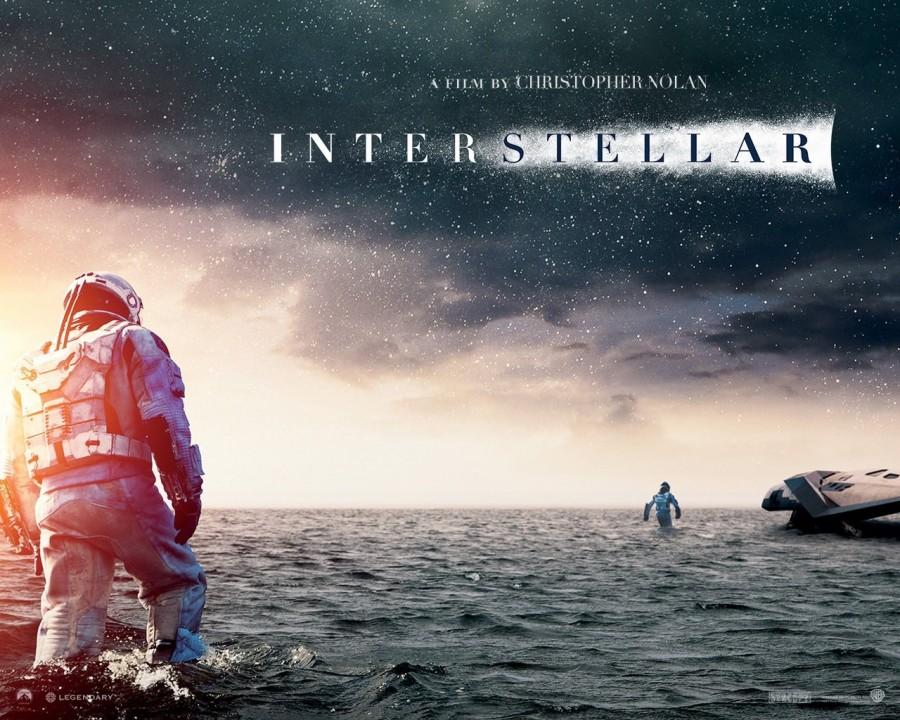From Virtual Reality to Space: Modern films integrate emotion with science
February 3, 2016
It is indeed a generation of technology. As we hear recent news about the developments in virtual reality at corporations such as Google and Apple and become ever more exposed to the art of Artificial Intelligence (AI), we know that the world is increasingly morphing to a hybrid of “human” and “science.”
At this point, several questions pop up in my mind: Why are we so invested in technology? Are we still able to retain our “human”-ness in the midst of static, 0-and-1 technological advancements?
I must admit that I still do not know the answers to these questions.
Nonetheless, the following films I’ve watched, the ones that successfully, and quite eloquently, dealt with the subject of human interaction in a technology-driven world, have allowed me to broaden my perceptions.
Ex Machina (2015)
This highly contemplative, discomforting and simply fascinating film, in which an employee of an enormous tech firm is asked by its CEO to test the “humanness” of his AI creation, Ava, is one that throws many questions.
It is a film that goes beyond the traditional, often cliched, contention over the morality of AI. Rather, the film tackles the deepest of human emotions; throughout the duration of the film, we do not watch the clash between human and technology, but one between human and human. We see the struggles for power, freedom and liberation. We watch an inception of love that perhaps may be a disguise of deception. In the end, we simply become bewildered–this is not technology we are facing, this is another human being.
Interstellar (2014)
From the exquisite visualization of space to the imaginative world of the fifth dimension, “Interstellar” is a film that engulfs the audience’s attention with its magnificent cinematography and depth of knowledge.
Regardless, it is not the science that constitutes the film’s main idea. Rather, we know that this is a story about family, especially about the relationship between a father and his daughter. Traveling through time and dimension, Cooper (Matthew McConaughey) realizes that it is his connection with Murph, his daughter, that only survives the continuing years.
Contagion (2011)
This incredibly detailed Science Fiction film recounts the genesis and the spread of an international epidemic, sharing the stories of various individuals who are closely involved with and affected by the spread.
Unlike any other films that deal with viruses, “Contagion” is truly unique for its slow and continual look into how a single mutation of genes can impact millions of lives in a short duration of time. Furthermore, it is a film that does not focus on the sensationalistic aspects of epidemics. We often expect to see action and violence in such films, but “Contagion” tells us that it is exactly the opposite that scares us the most–the silence, the tears and the words of comfort. Even in the midst of science and theory, a sense of human reaction is what still continues to resound the greatest.






